Biden Drops Out of Presidential Election and Harris Steps Forward as Nominee: How Will This Unfold?
With President Joe Biden deciding not to seek re-election and instead endorsing Vice President Kamala Harris, the Democratic Party faces an unprecedented shift this late in the election cycle.
The Democratic convention, set for August 19-22 in Chicago, was initially expected to confirm Biden as the nominee. Now, it becomes an open contest where nearly 4,700 delegates will choose a new candidate to challenge Republican Donald Trump in the fall.
Complex Road Ahead
Despite Biden’s endorsement of Harris, the road ahead is complex, involving unresolved issues related to logistics, funding, and political repercussions.
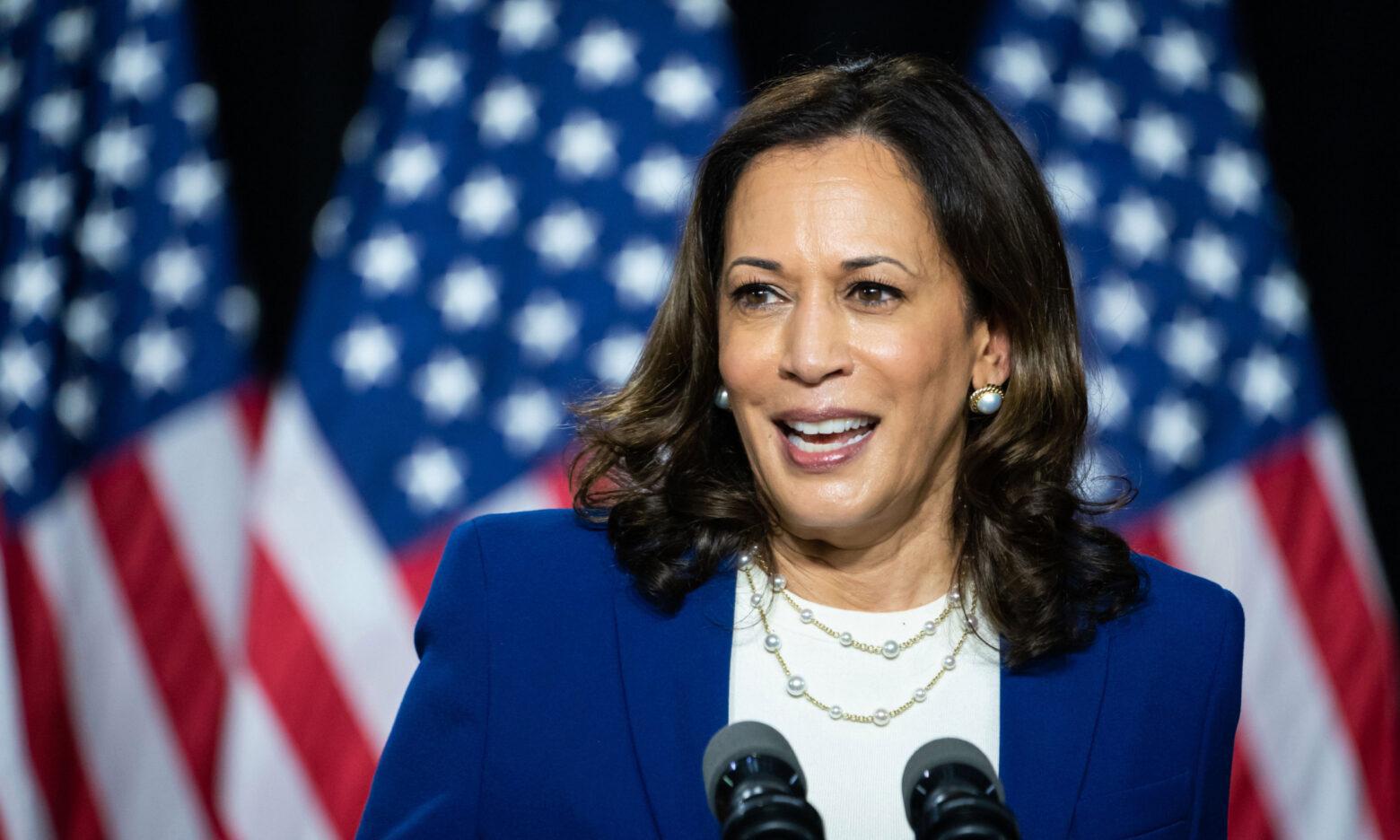
Source: Wikimedia
Earlier this year, Biden won every state primary and caucus, except for American Samoa, securing at least 3,896 delegates.
Biden's Endorsement and the Open Convention
According to current party rules, Biden cannot transfer these delegates to another candidate. However, his endorsement is likely to carry significant weight.
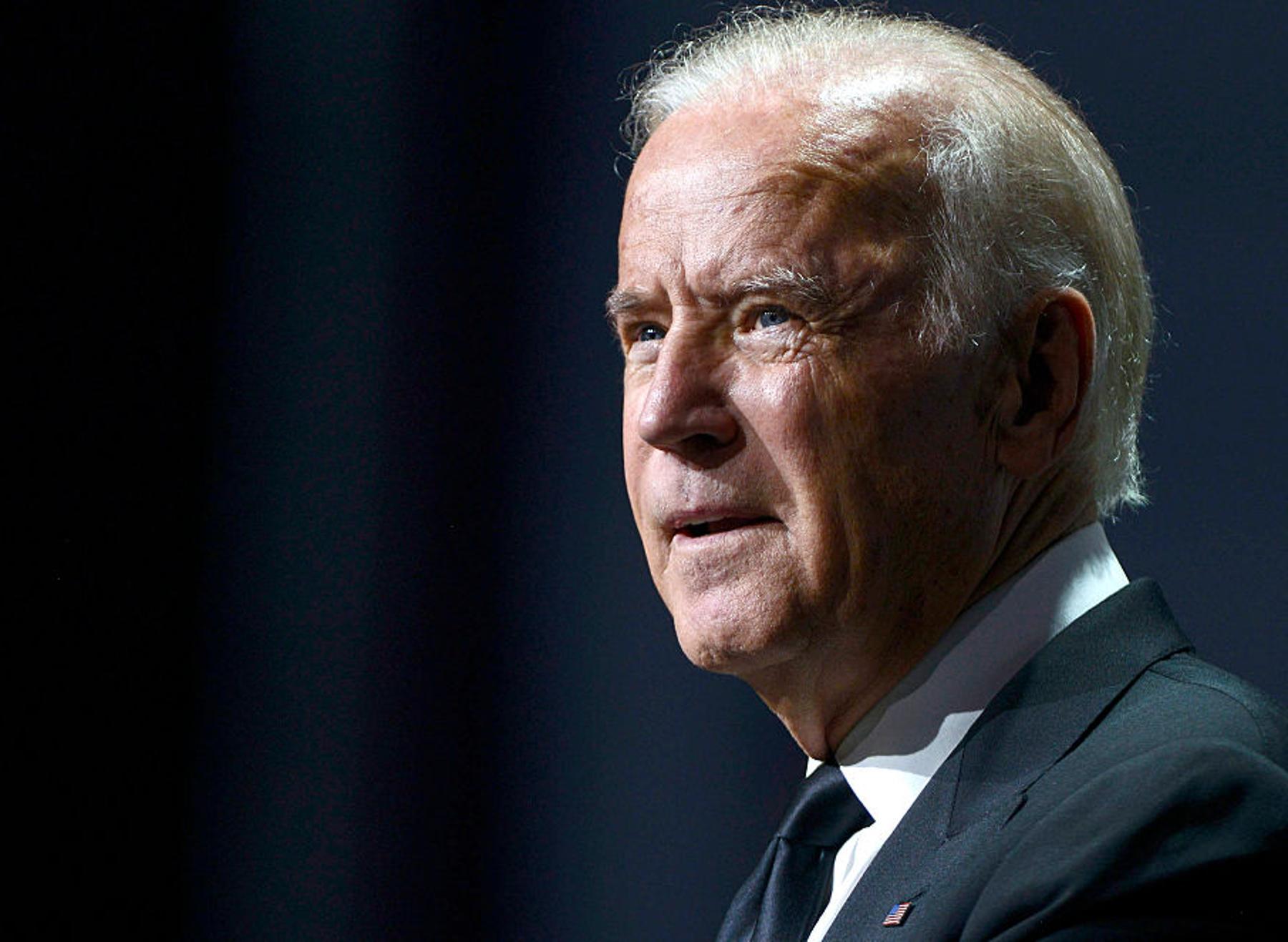
Source: Leigh Vogel/Getty Images
With Biden stepping down, Democrats face an open convention in principle. Practically, his endorsement places the party in uncertain territory.
Consolidating Delegate Support
Harris now bears the immediate responsibility of consolidating support from almost 4,000 state, territory, and District of Columbia delegates.
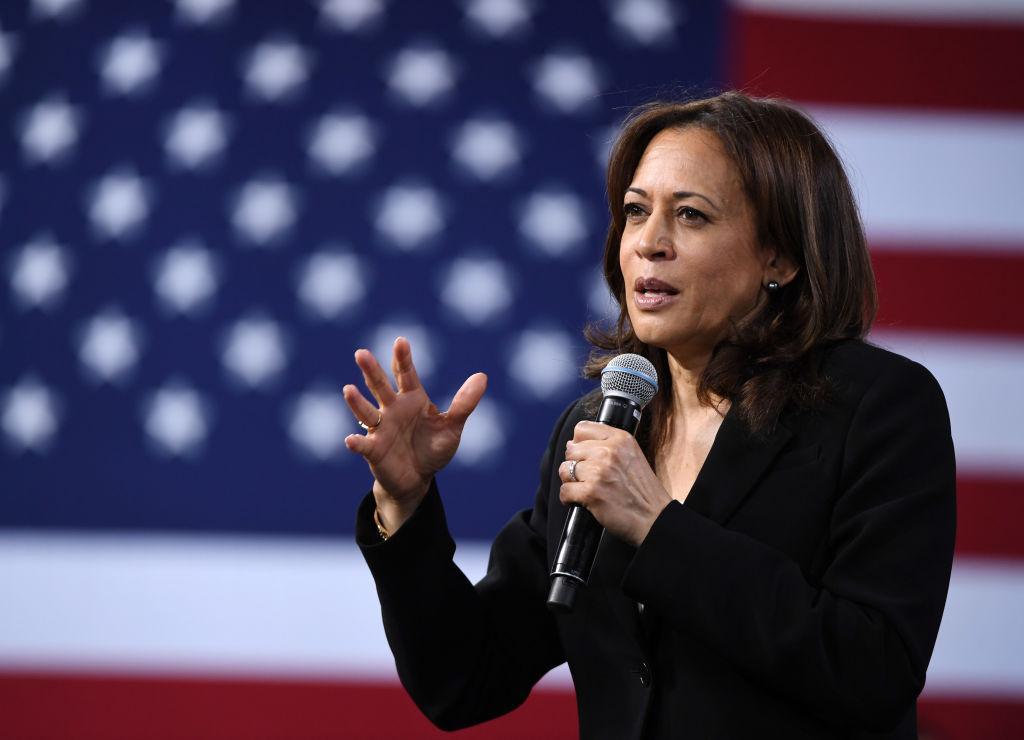
Source: Getty Images
Additionally, she must garner backing from over 700 superdelegates, which include party leaders, elected officials, and former presidents and vice presidents.
Historic Significance of Harris
Even before Biden’s announcement, Democrats had considered California Gov. Gavin Newsom and Michigan Gov. Gretchen Whitmer as potential candidates alongside Harris.
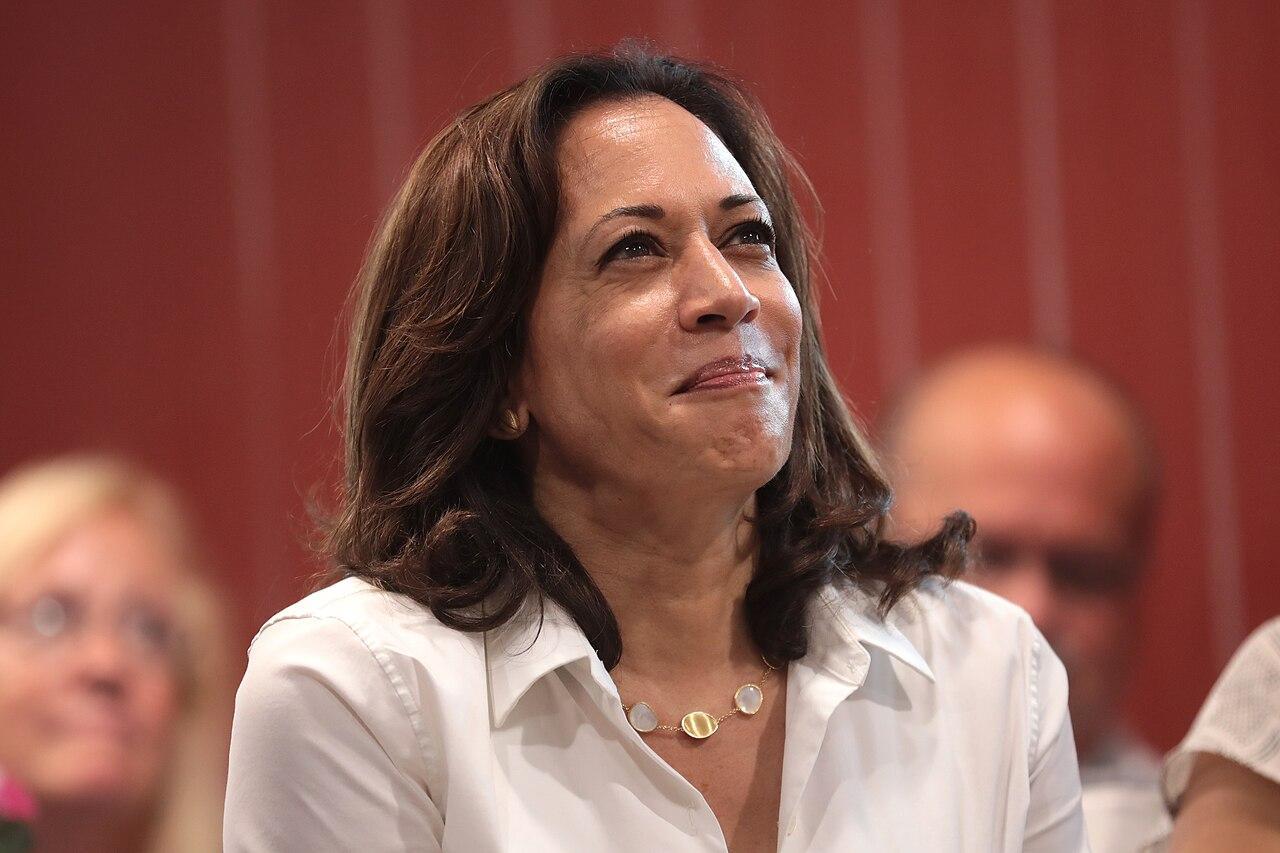
Source: Wikimedia
Some Democrats have publicly and privately argued that it is logical to promote the first woman, first Black woman, and first person of South Asian descent to national office.
Pre-existing Challenges
Given the significant role Black voters—particularly Black women—played in Biden’s nomination and his selection of Harris as his running mate, it would be risky for Democrats to choose a white nominee over her.
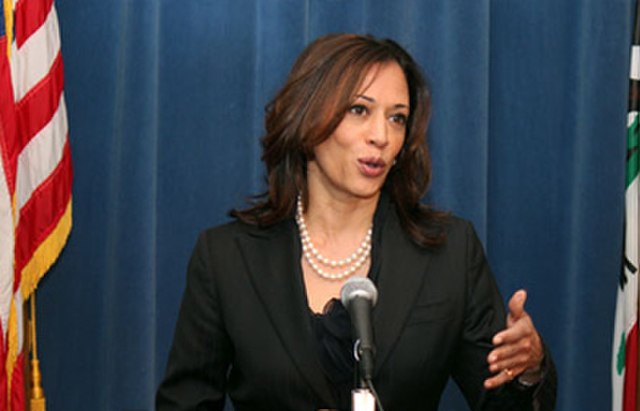
Source: Wikimedia
The party already faced historical challenges before Biden’s withdrawal.
Weighing Immediate Contests Against Future Goodwill
Any other Democrat would need to consider the immediate and long-term implications of contesting Harris now.
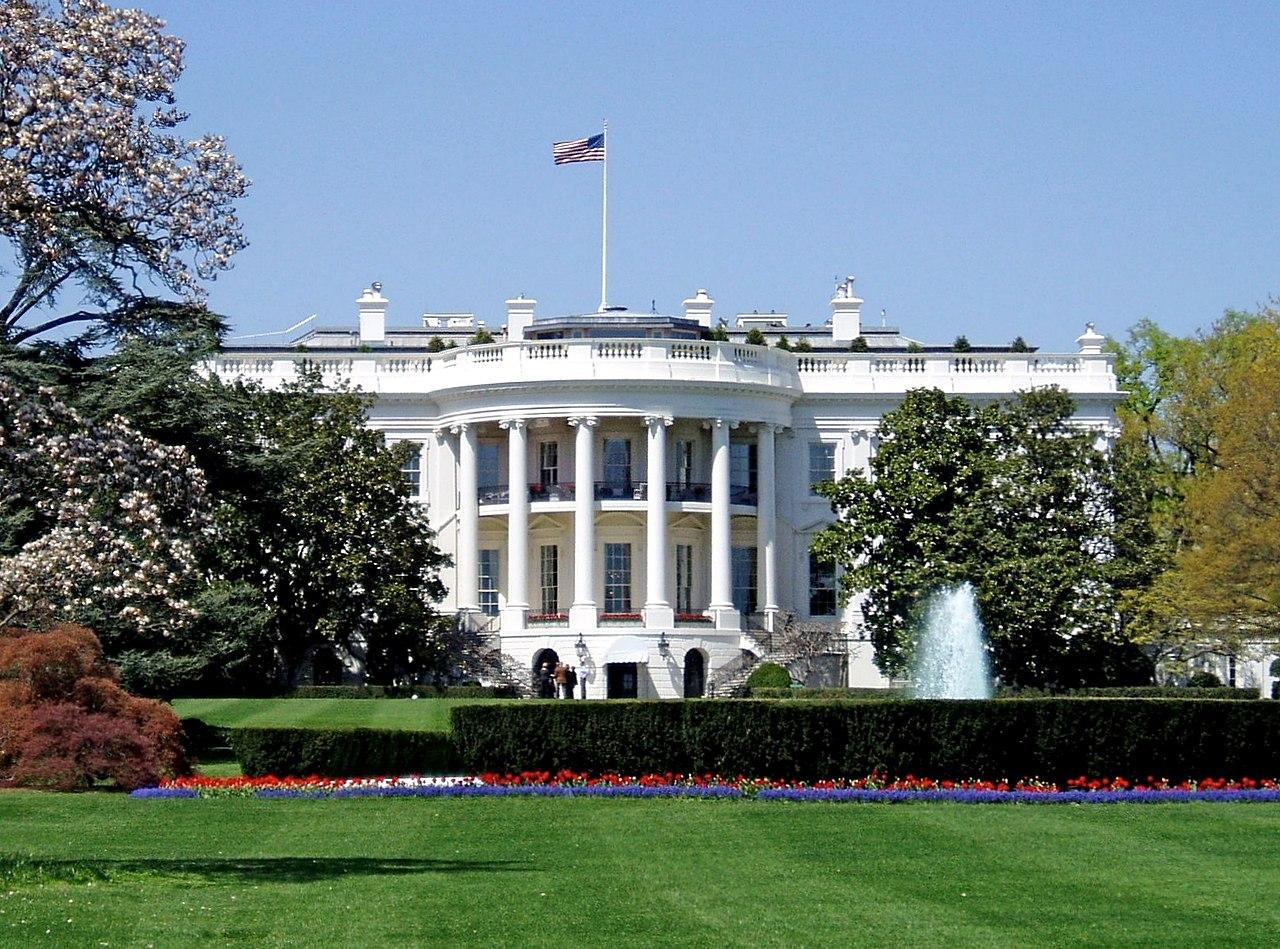
Source: Wikimedia
They must weigh this against preserving goodwill for a future presidential run.
Harris' Image
However, Harris has not always been perceived as a particularly favored or powerful vice president. The best outcome for her and the Democrats would be to swiftly consolidate support and present a united front.
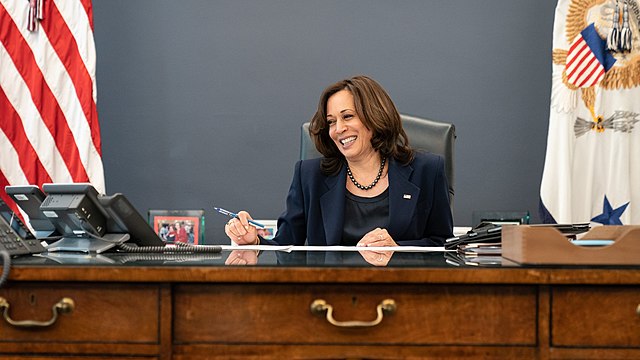
Source: Wikimedia
The party could even proceed with their planned early virtual vote to ensure Biden was selected ahead of Ohio’s general election ballot deadline.
Control of Campaign Funds
Biden’s campaign recently reported $91 million in available funds, with allied Democratic committees bringing the total to over $240 million.

Source: Blogging Guide/Unsplash
Campaign finance experts generally agree that Harris could control these funds since the campaign was in her name as well as Biden’s.
Potential for the Biden-Harris Account
If another candidate is nominated, party accounts could still benefit the new nominee, but the Biden-Harris account would face more restrictions.
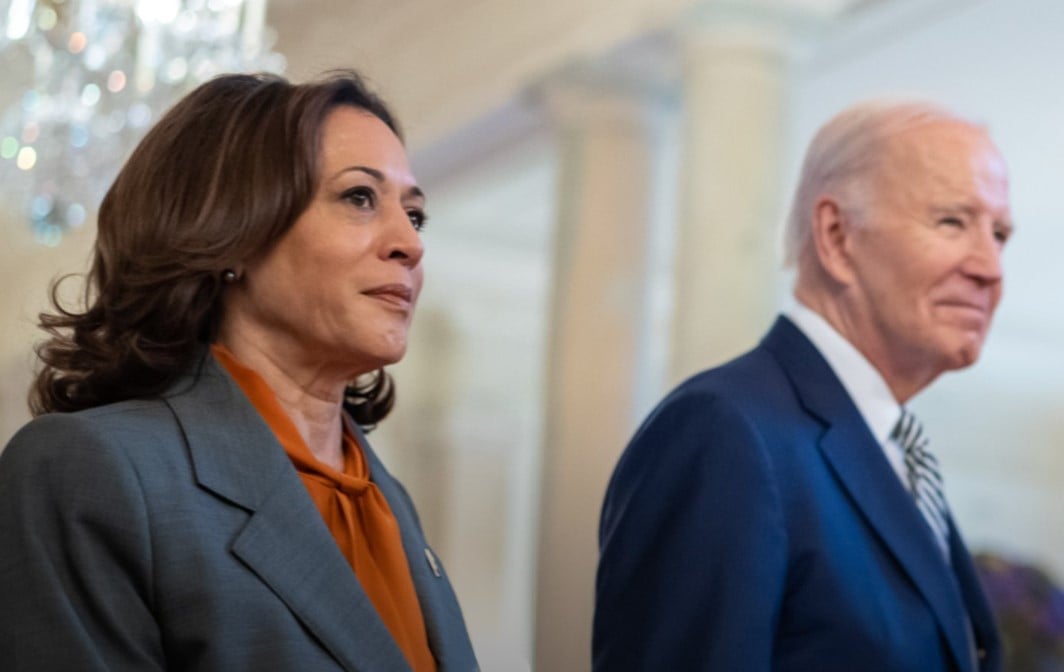
Source: @VP, X
For instance, legal experts suggest it could become an independent expenditure political action committee but not simply transfer its balance to a different nominee.
The Vice-Presidential Nomination Process
The vice-presidential nomination always involves a separate convention vote. Typically, the convention ratifies the nominee’s choice.
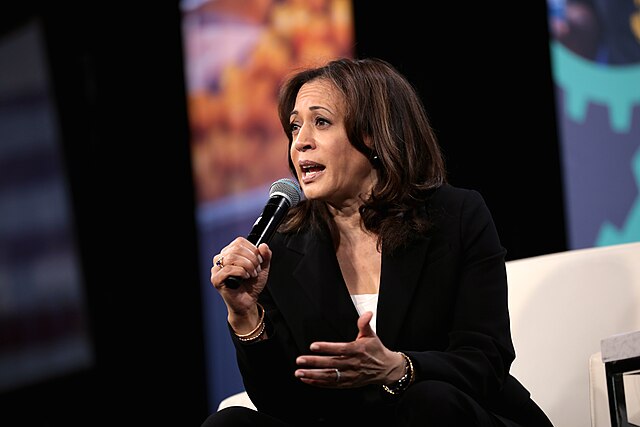
Source: Gage Skidmore/Wikimedia
If Harris quickly secures support, she could select her running mate and have the delegates ratify it. In a prolonged contest, the vice presidency could become a bargaining chip, reminiscent of conventions from earlier times.
Potential Legal Battles and GOP Efforts on Ballot Access
Any unexpected event during a U.S. presidential campaign is likely to trigger a wave of state and federal lawsuits in this highly partisan era, with some conservatives already threatening legal action.
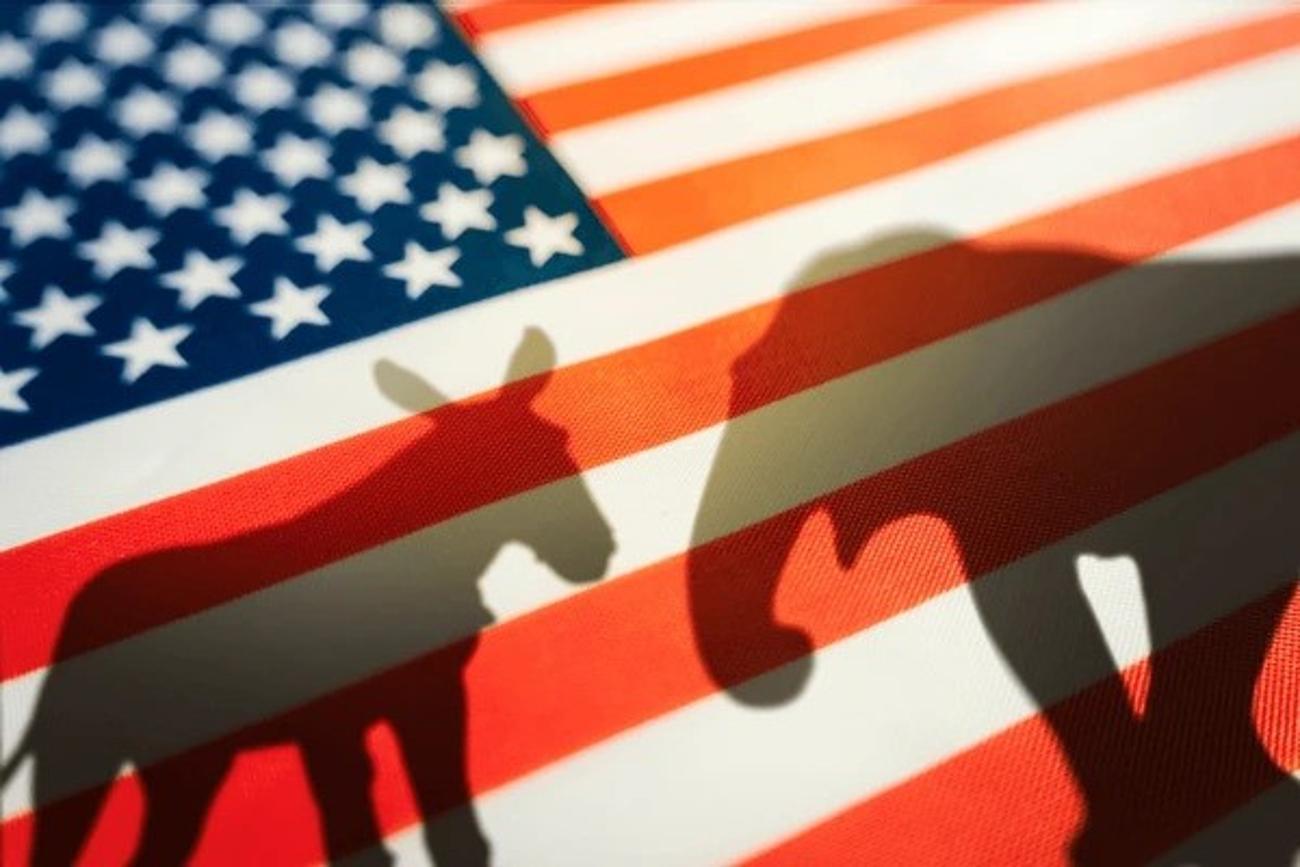
Source: Shutterstock
State laws generally do not dictate how parties select their presidential nominees. Some GOP officials, like Ohio Gov. Mike DeWine and Alabama Gov. Kay Ivey, have already worked this year to ensure that Democrats are not denied routine ballot access.
